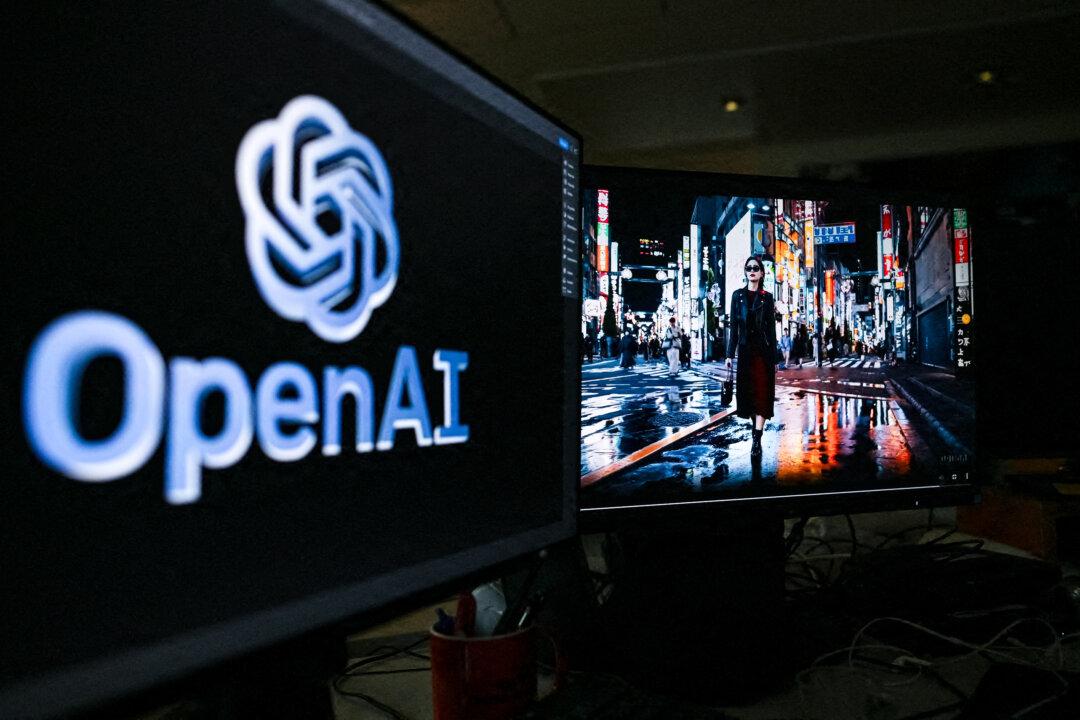Commentary
The old adage that we should “begin with the end in mind” is still great advice, especially when it comes to new technology.

The old adage that we should “begin with the end in mind” is still great advice, especially when it comes to new technology.